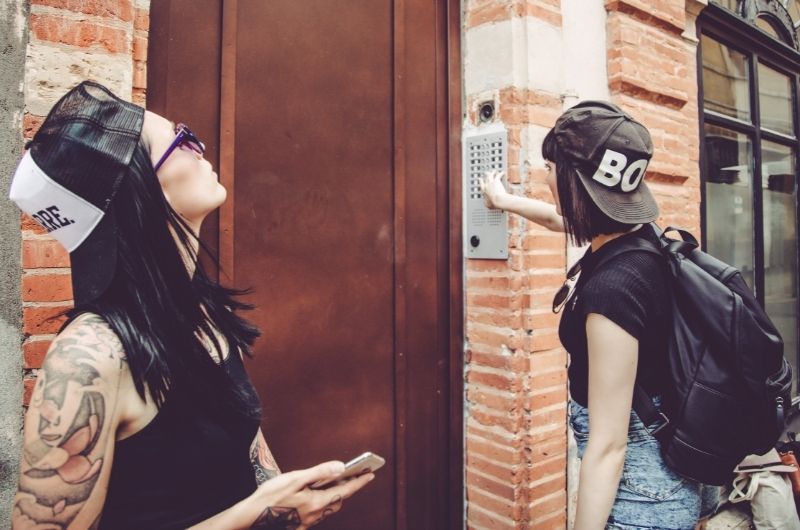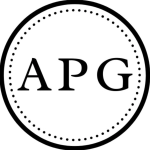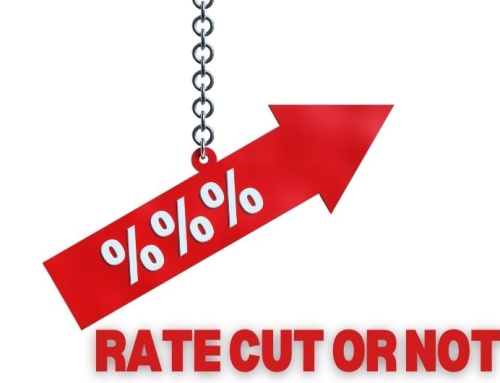The Pro’s and Con’s of Airbnb in Australia
The share economy has changed the way many of us operate from how we get around (Uber), to how we get our food delivered (Deliveroo) and even where we choose to stay when we travel (AirBnB).
For investment purposes, using a platform like AirBnB can also be an excellent way to boost the yield on your investment property. If you own a property in a desirable location, you can expect to receive a premium if you rent that property out on a short-term basis.
However, there are a few caveats that you need to consider before going down that route, which could change the pure financial equation.
So what are the Pro’s and Con’s of AirBnB in Australia?
Strong Returns
Clearly, the number one reason you would entertain using AirBnB would be the increased yield. If you have an apartment that sits in a highly desirable suburb then you can fully expect to receive a higher day rate than what you would get if you were renting it out on a longer-term basis, with a fixed rental agreement.
In the summer months, suburbs such as Bondi and Manly, in particular, can see small studio apartments rented out for more than $300 per night. Where the same property might be lucky to command that rate for a given week, via traditional renting.
For savvy investors, if your property has multiple dwellings such as a granny flat, it can also be used as a second income stream.
In some cases, the additional revenue could turn your otherwise negatively geared property into one that is either neutral or even positively geared. That would allow you to increase your borrowing power and in turn invest in more property.
There is also the added benefit of the flexibility that short-term renting affords you. Should you need access to the property, you can simply take it off the market for that period of time.
While the extra income you receive from your rental property is nice, it is not without it’s headaches.
Management Issues
When you start renting your property with a platform like AirBnB, you effectively become a hotel manager and that means you have to take care of all the associated issues that come along with that.
It is your responsibility to manage bookings, cleaning, repairs and everything that goes along with running a business. These days there are professional management services that you can use to take care of many of the tasks for you. They can do as little as clean and change the sheets, to providing a full service which includes managing bookings and greeting guests.
While this will help save you time and hassles, most services charge a 20% fee plus the cleaning charge. Which can at times be enough to wipe out the premium you receive over renting.
You’ll also need to factor in furnishing your property. Finding furniture can easily add thousands of dollars to your bottom line before you even start. You’ll also need to have furniture that looks great so you can get photos taken that will entice your potential guests.
Vacancy Rates
When you rent out your property traditionally, you can assume that there will be periods of time when you will not have tenants. Generally, this might be 1-2 weeks depending on the area and the time of year.
For short-term rentals, you have to assume that you won’t be fully booked 100% of the time. As a general rule, you need to assume that you might be booked out around 80% of the time. In summer, you will likely see that rate closer to 100%, while in winter that might fall as low as 50%. Weekends are always more popular for obvious reasons.
Having a high vacancy rate can really eat into your earnings and is probably the biggest factor you need to consider when comparing those returns to traditional rentals.
Increased Legislation
Up until recently, AirBnB was largely unregulated in Australia, but slowly and surely that’s changing. Particularly in Sydney, which is the main market for listings in Australia.
In June 2018 the NSW government put a 180-day cap on the number of days properties can be rented out by Airbnb. The ruling also allows strata corporations the power to ban Airbnb in their building if 75% of the owners agree.
The moves were made on the back of concerns around rental affordability. The same sort of measures in other popular areas such as Byron Bay are also being considered.
These changes are still under review and the NSW Government is still calling for submissions on its short-term rental accommodation (STRA) policy. However, it is expected the changes will be implemented sometime this year.
Either way, there do appear to be limitations in certain areas that will be coming into place and restricting owners. We’ve seen similar policies implemented in other major cities such as London and Barcelona, however, they have been difficult to enforce.
There are also the tax implications of your earnings that you’ll need to consider, but in terms of how that differs from regular rental income, it might not be all that significant. However, there could well be some considerations on Capital Gains Tax depending on your personal situation, should you choose to sell.
Generally speaking, there are some benefits to renting your investment property out on a short-term basis, but it isn’t as simple as it would appear. And with increased legislation around the country likely, you should carefully consider your options before going down the short-term rental path.









Book Here